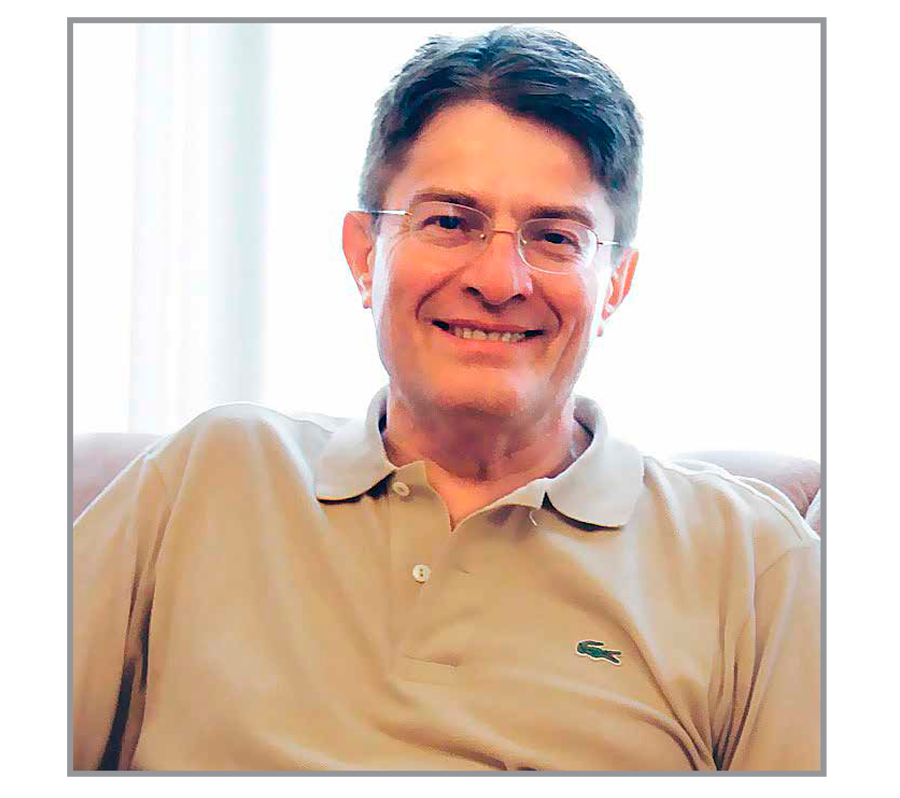
ALAN BOJANIC: “Implementing Biodiesel in Bolivia is NOT JUST ABOUT INVESTMENT”
Vesna Marinkovic U.
Bojanic, with extensive experience at the FAO, believes that the push for biodiesel involves legislative/regulatory issues, technical considerations, making the right decisions regarding raw material volumes, and, among other things, price management...
ISSUE 133 | 2024
Vesna Marinkovic U.
1The government has just announced that it will encourage the construction of biodiesel plants by the private sector to generate more biofuel to be used by producers or sold to Yacimientos Petrolíferos Fiscales Bolivianos (YPFB). What is your impression of this?
Bolivian, holds a Bachelor's degree in Rural Engineering from Gabriel René Moreno University in Santa Cruz (Bolivia), a diploma in Agricultural Economics from the University of Reading (United Kingdom), and a PhD in the same discipline from the University of London (United Kingdom). He also holds a PhD in Environmental Economics from Utrecht University (Netherlands) and a PhD in Political Science from the University of Costa Rica in San José (Costa Rica). Additionally, he completed postgraduate studies in the Netherlands. He has also worked as a consultant in various fields related to agricultural technology transfer for several international organizations, including the World Bank, USAID, and UNICEF. Former FAO representative for Brazil and Latin America.
Very positive. We have been promoting initiatives in this direction for quite some time, so it's about time, and there is no doubt that it is a decision in the right direction.
2The Minister of Hydrocarbons and Energy, Franklin Molina, indicated that the initiative seeks to stimulate private sector investment and promote environmental sustainability. Is it just about investment?
Of course, it's not just about investment. This involves legislative/regulatory issues, technical considerations, making the right decisions regarding raw material volumes, price management, incentives, etc.

“…we should start with soy and then move on to using other raw materials with higher biodiesel yield per hectare…”
3How long does it take to start up biodiesel plants?
It depends on the size and the capital available, as well as environmental, safety, tax, and other requirements. But in general, it will be very difficult to achieve this in less than 6 months.
4Does Bolivia have the necessary raw materials to support this initiative?
Raw materials can be produced, or the type of final product can be changed, as in the case of soy (biodiesel instead of edible oil). However, it’s not possible in the short term, so we need to align raw material production with the construction of the plants and other regulatory matters. This is part of a larger plan that involves properly sequencing the timing.
5Will it be a measure based primarily on soy or other native species?
Considering that, today, there is little availability of other raw materials (totai, jatropha, industrial macororo, etc.), we should start with soy and then move on to using other raw materials with higher biodiesel yield per hectare, such as oil palm. Again, this is something that needs to be sequenced over time.

“…we need to align raw material production with the construction of the plants and other regulatory matters…”











